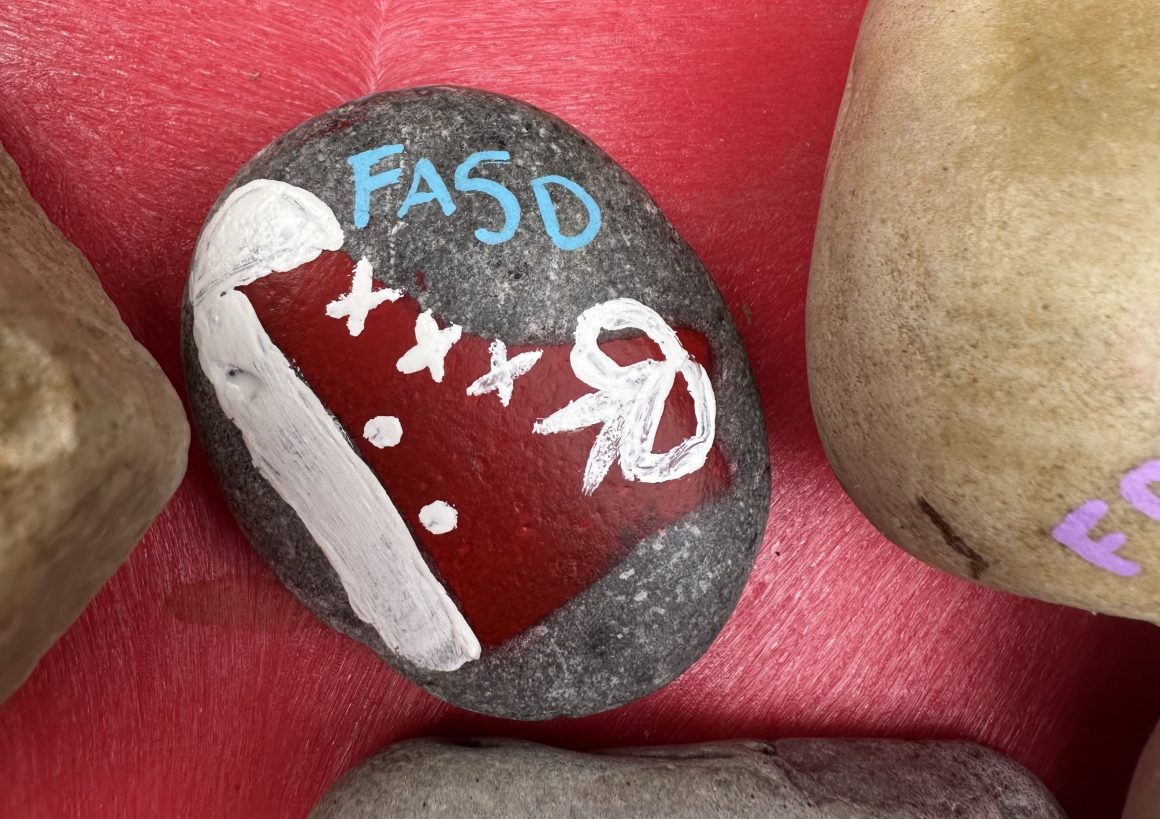
U of C study encourages further understanding and support of FASD
By Ansharah Shakil, September 25 2024—
Every September marks the observance of Fetal Alcohol Spectrum Disorder (FASD) Awareness Month, dedicated to the recognition of FASD and its impacts on individuals. Caused by prenatal alcohol exposure, FASD is a lifelong disorder with no cure. The only way to fully prevent it is to abstain from all alcohol during pregnancy. A University of Calgary study on FASD is aiming to address the lack of research on the impacts of FASD on those over the age of 19, and the ways in which these individuals can be supported.
“The study that we’re currently conducting is looking at adults with FASD and we’re interested in understanding what health looks like as those individuals age,” Tamara Bodnar, assistant professor in U of C’s Department of Biological Sciences, told the Gauntlet. “We know very little about it and very little about what happens as individuals get older. That’s a big gap that the research is aiming to address … looking at health, cognitive function [and] immune function.”
Bodnar said that FASD is actually the most prevalent neuro-developmental disorder, affecting about four per cent of Albertans. One of the main challenges individuals with FASD face is the societal stigma.
“With this stigma comes a lack of social support, less research, less understanding. While there’s health problems and physical problems, part of the goal of [our] work is to change the conversation and turn this into more of an open dialogue,” Bodnar said.
“A lot of that has to come from individuals with lived experience and caregivers as we move towards listening and better understanding, I think that will help change this from a stigmatized condition to something that’s better understood,” Bodnar continued.
One example of support for the FASD community the U of C team has participated in is painting rocks with red shoes, a symbol for FASD awareness. Bodnar explained that in the FASD community, there’s a saying called, “Nothing about us without us.”
“Basically what that means is individuals with living experience want to be part of the research. They want their voices heard. They want to be part of it. So at every stage of our research, we are involving people with lived experience,” she said. “We’re the expert scientists, but someone with FASD is the FASD expert and so we’re really using that partnership to better design, support and communicate all these findings.”
The study’s team is comprised of three graduate students, two research assistants and eight undergraduate research students. Bodnar noted that many people have a tie or connection to FASD, and encouraged students to be aware of the condition.
“University students are the ones who cause a lot of change and are the next generation of researchers. Starting with younger people, we can change the way this is viewed,” she said. “Pushing this idea forward of better understanding FASD, breaking down stigma, increasing research, changing outcomes, could really help U of C be a big leader in this area.”
More about FASD Awareness Month can be found here.
